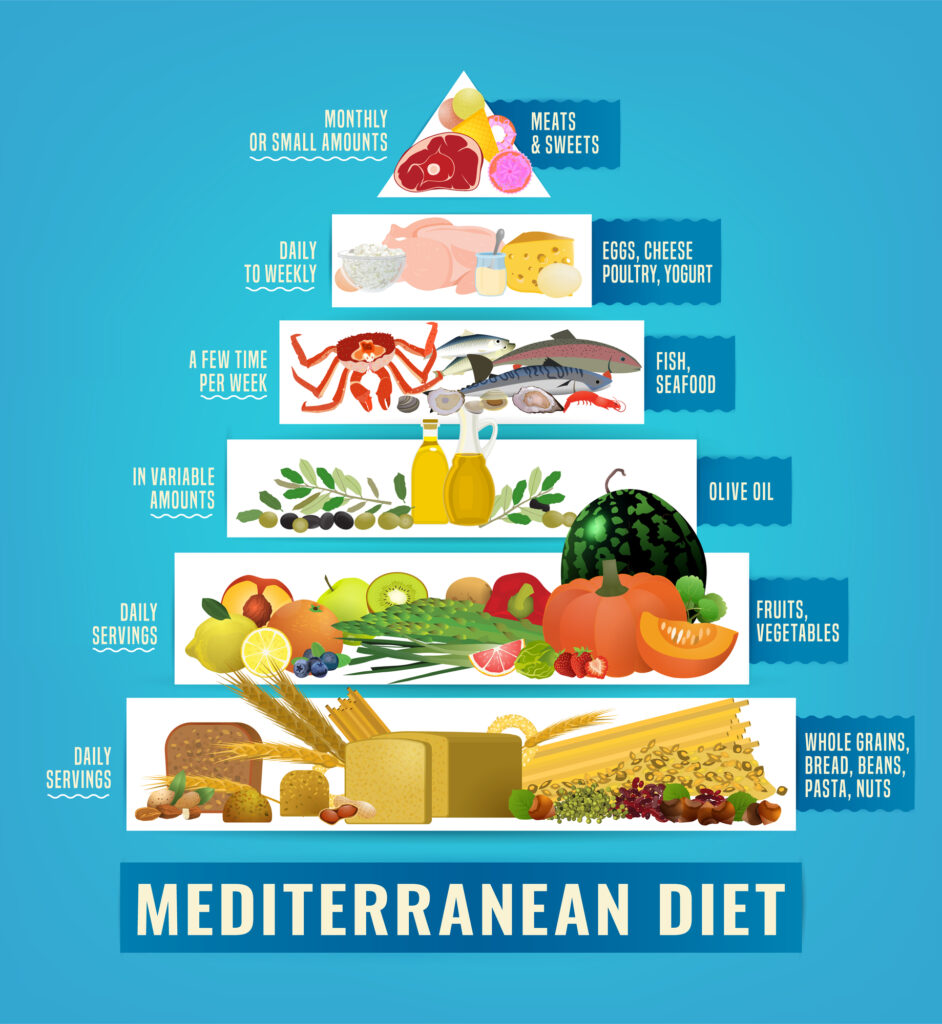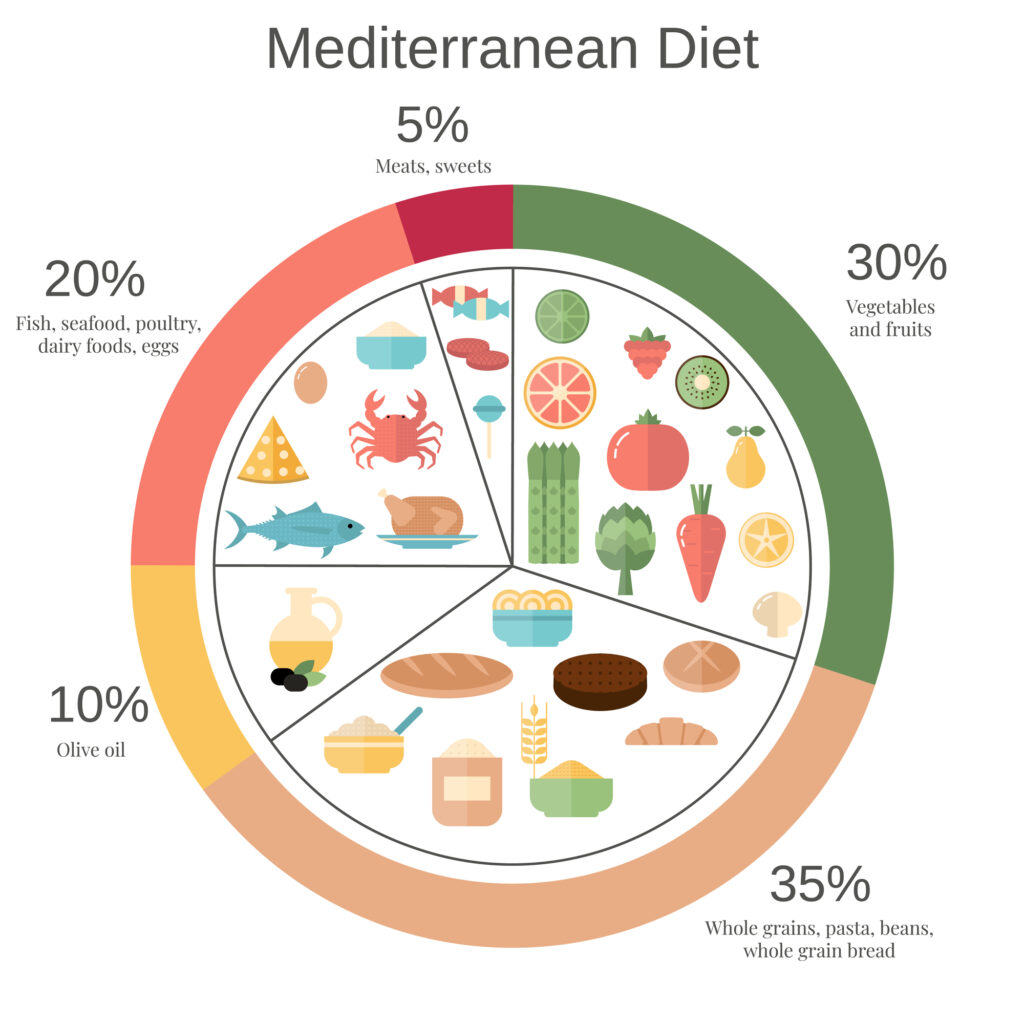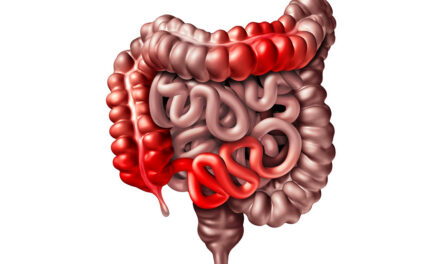
The saying “you are what you eat” holds profound truth, especially regarding the intricate ecosystem housed within our digestive system. Diet, comprising the foods and beverages we consume daily, is a cornerstone in maintaining optimal gastrointestinal health.
The digestive system, a complex network of organs, plays a vital role in breaking down food, absorbing nutrients, and expelling waste. What we choose to fuel our bodies with has far-reaching consequences on the delicate balance within the gastrointestinal tract, influencing everything from nutrient absorption to preventing digestive disorders.
In what follows, we delve into the multifaceted relationship between diet and gastrointestinal health.
From the essential nutrients that support digestive functions to the impact of dietary choices on conditions like irritable bowel syndrome (IBS), inflammatory bowel disease (IBD), and gastroesophageal reflux disease (GERD), we’ll discuss how what we eat profoundly affects the well-being of our digestive system.
How Diet Affects Gastrointestinal Health
The Positive Impacts of Diet
- Fiber-rich Foods and Digestion
Incorporating fiber-rich foods into the diet is synonymous with fostering a healthy digestive system. Fiber adds bulk to the stool, aiding in its smooth passage through the digestive tract and preventing constipation.
Additionally, certain types of fiber, known as prebiotics, serve as fuel for beneficial gut bacteria, promoting a flourishing gut microbiome. Whole grains, fruits, vegetables, and legumes are excellent sources of dietary fiber, contributing not only to digestive regularity but also to the overall health of the gastrointestinal system.
- Probiotics and Gut Flora Balance
Probiotics, the “good” bacteria, are fundamental in maintaining a balanced gut microbiome. These beneficial bacteria, which are found in fermented foods like yogurt, kefir, sauerkraut, and kimchi, contribute to a harmonious microbial community within the digestive tract.
They aid in digestion, enhance nutrient absorption, and support the immune system. Regular inclusion of probiotic-rich foods in the diet can positively influence gut flora balance, promoting digestive wellness.
- Hydration and Gastrointestinal Function
Hydration is fundamental to the proper functioning of the digestive system. Water helps in the breakdown of food, facilitates the absorption of nutrients, and helps to ease the movement of stool through the intestines.
Insufficient hydration can lead to constipation and hinder the digestive process. Maintaining an adequate fluid intake, including water and other hydrating beverages, is essential for supporting overall gastrointestinal function.
Negative Impacts
- Foods that Irritate the GI Tract
Certain foods have the potential to irritate the gastrointestinal (GI) tract, leading to discomfort and digestive disturbances. Spicy foods, acidic foods, and certain high-fat or greasy items can exacerbate conditions such as acid reflux, gastritis, or irritable bowel syndrome (IBS).
Understanding personal health triggers and making mindful choices can help alleviate GI discomfort.
- Role of Processed Foods and Sugar
The prevalence of processed foods, often high in refined sugars and low in nutritional value, can have detrimental effects on gastrointestinal health.
Diets rich in processed foods and added sugars may contribute to inflammation in the gut, disrupt the balance of gut bacteria, and potentially lead to conditions like leaky gut syndrome. Limiting the intake of processed foods and moderating sugar consumption are key steps in promoting a healthy gut environment.
- Impact of Excessive Alcohol and Caffeine
Excessive alcohol consumption can irritate the GI tract, leading to conditions such as gastritis or peptic ulcers. Caffeine, found in coffee, tea, and certain energy drinks, can stimulate acid production and contribute to acid reflux.
Moderation in alcohol and caffeine intake is advised to maintain gastrointestinal health and prevent potential disruptions in digestive function.

Key Diets for GI Health
Mediterranean Diet
The Mediterranean Diet, characterized by a high intake of fruits, vegetables, whole grains, lean proteins, and healthy fats, has been associated with numerous health benefits, including positive effects on gastrointestinal health.
Rich in fiber, antioxidants, and anti-inflammatory components, this diet promotes a diverse and balanced gut microbiome. The inclusion of olive oil, fish, and nuts provides essential fatty acids that support overall digestive function. Additionally, the Mediterranean Diet has been linked to a reduced risk of conditions such as colorectal cancer and inflammatory bowel diseases.
Gluten-free Diet
While essential for individuals with celiac disease or gluten sensitivity, a gluten-free diet may not be necessary for everyone. For those with gluten-related disorders, eliminating gluten-containing grains like wheat, barley, and rye will prevent gastrointestinal symptoms and long-term complications.
However, it’s essential to ensure that the diet remains well-balanced, incorporating gluten-free grains, fruits, vegetables, and proteins to meet nutritional needs.
High-Fiber Diets
High-fiber diets, emphasizing the consumption of fruits, vegetables, whole grains, and legumes, are excellent for gastrointestinal health. Fiber helps prevent constipation and supports the growth of beneficial gut bacteria.
These diets have been linked to a reduced risk of colorectal cancer, diverticulitis, and other digestive issues. Ensuring an adequate intake of soluble and insoluble fiber contributes to overall digestive regularity and supports a healthy gut environment.
Low FODMAP Diet
The Low FODMAP (fermentable oligosaccharides, disaccharides, monosaccharides, and polyols) diet is designed to alleviate symptoms in individuals with irritable bowel syndrome (IBS). It involves restricting certain types of carbohydrates that can ferment in the gut and contribute to symptoms like bloating and abdominal pain.
While effective for managing IBS symptoms, the Low FODMAP diet should be undertaken with guidance from a healthcare professional or registered dietitian to ensure nutritional adequacy and long-term sustainability.

Final Thoughts
For individuals managing gastrointestinal issues, adopting common nutritional strategies can provide relief and support overall digestive health. These include staying hydrated to aid digestion, incorporating fermented foods like yogurt for probiotic benefits, and practicing mindful eating habits to avoid overeating and reduce the risk of indigestion.
Additionally, consulting with a healthcare professional or registered dietitian is crucial for personalized guidance, ensuring that dietary choices align with individual needs and health goals.
The key lies in striking a balance and choosing nutrient-dense foods that contribute to a diverse and thriving gut microbiome while addressing specific dietary requirements based on individual health conditions.





Thanks a lot for the helpful posting. It is also my belief that mesothelioma has an very long latency interval, which means that symptoms of the disease might not exactly emerge right up until 30 to 50 years after the 1st exposure to mesothelioma. Pleural mesothelioma, and that is the most common form and has an effect on the area within the lungs, could potentially cause shortness of breath, chest muscles pains, along with a persistent coughing, which may cause coughing up maintain.